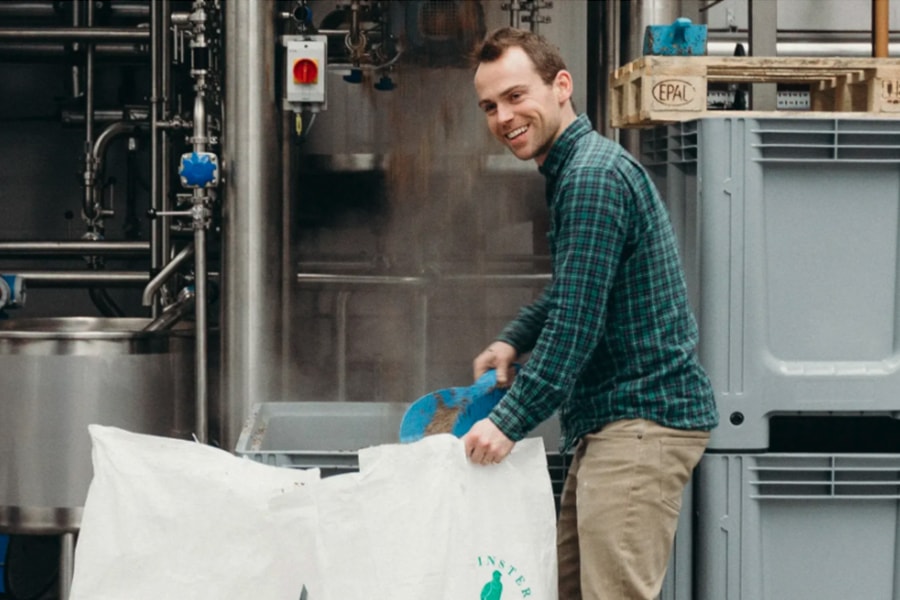How a small brewery became the market leader for low-alcohol drinks using R&D tax relief cash flow to overcome growing pains
Our client was on a mission to create low-alcoholic beers for those who “THINK BIG for their tomorrow, who seek quality of ingredients and; conversation, who challenge the existing and embrace innovation.”


Making genuine small beer, not beer mimics
The standard approach for producing low-alcohol beer is to remove or lower alcohol content using reverse osmosis, vacuum distillation or limiting/removing fermentation. The problem is that these processes are well-renowned for damaging the flavour of low-alcoholic beer. They’re beer mimics not genuine small beer.
Our client designed a very specific, untried and untested, brewery plant configuration to produce small beers at volume and had developed a high-value prototype. He enlisted the help of manufacturers very competent in their field to build the plant but they were uncertain of whether it would work.
Recouping the plant investment
By the time our client first worked with Invo, he had already invested a significant amount of capital and investment in designing and developing his plant.
Expenditure on plant and machinery doesn’t normally qualify for R&D tax credit relief. However, as our client had spent a large amount of R&D on designing how the plant was put together, we were able to ring fence his investment as revenue versus expenditure, so that it qualified for R&D.
We liaised with the HMRC to authorise reallocating their capital/revenue split, ensuring that there was no risk. We also ensured that all expenditures maximised their tax relief return working closely with their accountant to help them achieve this.

The world’s first small beer brewery
Our client was able to reinvest his R&D tax relief in new laboratory equipment, testing new products and solving any problems they encounter. They are now an established market-leader as they’ve managed to brew the world’s first small beer at volume.
After working with us, they also now understand how projects can be pivoted to achieve more tax relief and avoid wasted costs. They recently met another challenge with the equipment temperature at pubs not being suitable for their small beer. Instead of rectifying the problem at the pubs’ end, it’s at a cost, which may be required at each pub. They are therefore now using some of their R&D tax relief to see if they can make changes at their end that would overcome this.


